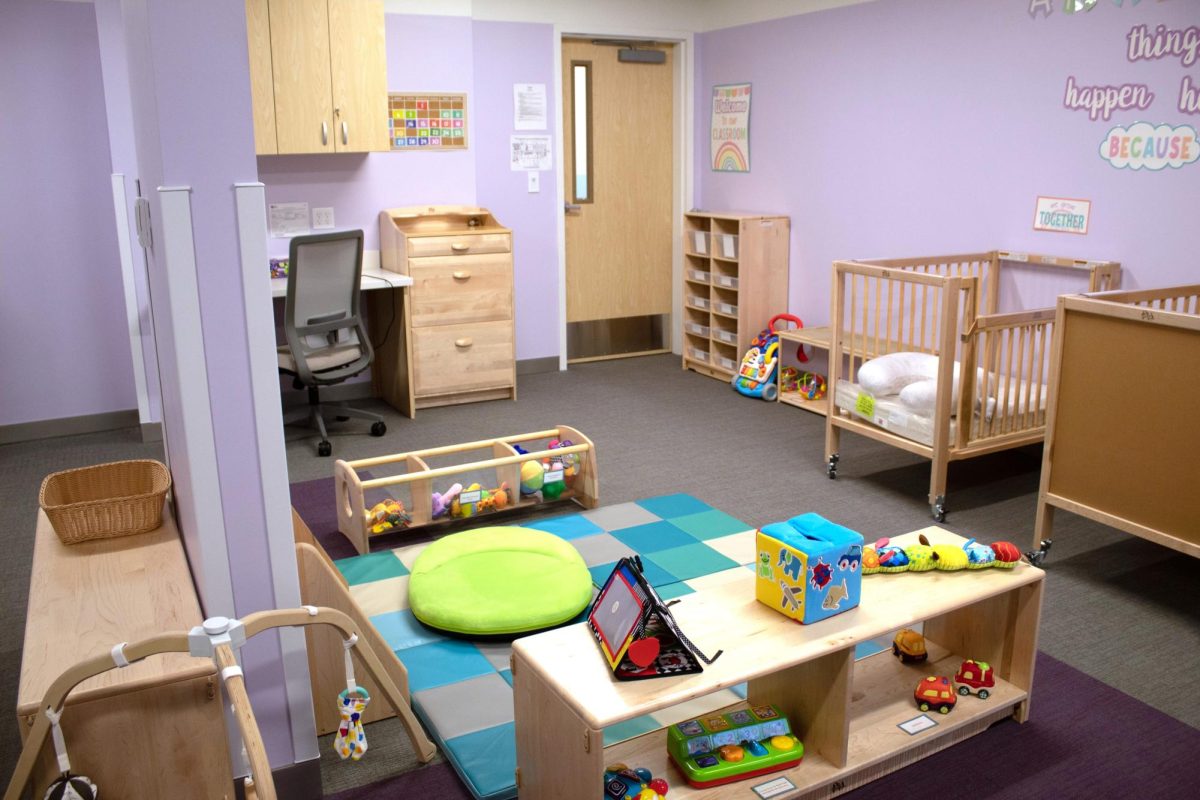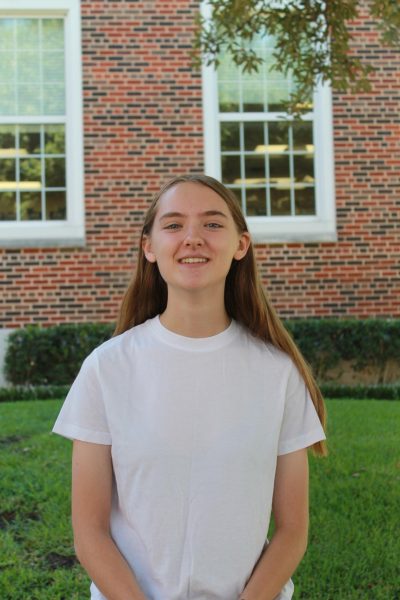With an unhoused population of almost four and a half thousand, Dallas and Collin County’s streets are filled with the homeless, many forced to live in tents and beg for money to survive.
But Christine Crossley, the director of the Office of Homeless Solutions for the City of Dallas, believes that these transactions are not the answer to truly helping the homeless in the community.
“It’s that humanity that really has been stripped away,” Crossley said. “A transaction of “here’s five dollars,” and you drive off, well, that’s not humanizing anyone.”
According to Crossley, the real solution to housing Dallas’ homeless population lies not in the direct donation of $5 or $10, but in a collaborative effort between the All Neighbor’s Coalition, a collective of over 140 charities, and Dallas City Hall. Other cities, such as Plano, are also members of the Coalition. As head of the Office of Homeless Solutions, Crossley plays a direct role in this effort.
“My responsibility is to oversee all activity that comes back to the city in terms of homelessness,” Crossley said. “That can range from working with those who are actively unsheltered and connecting them to services, to area clean ups, to doing outreach and engagement with local businesses.”
Although a homeless shelter may be the first thing that comes to mind when thinking of assisting the unhoused, Ellen Magnis, president and CEO of the family-oriented North Dallas shelter Family Gateway, says that a homeless shelter is often a last case scenario.
“We try to assess families to determine, do you actually need shelter or is there some other solution?,” Magnis said. “We spend a lot of time trying to figure out how not to bring families in [to the shelter].”
However, there are times where the only option for an individual, even a younger one who’s still in high school or a product of the foster system, is a shelter. Since shelter space at places like the Elevate North Texas youth shelter is very limited, solutions are often focused on trying to get the unsheltered into a new home as fast as possible.
“Our main program is our reunification and diversion. That’s when we’re trying to reunite youth with family members or friends when possible,” Elevate North Texas founder Jason Vallejo said. “However, this is not always possible, especially [the youth] that happen to be part of the LGBTQ+ community. But we want to try to divert whenever we can.”
The amount of people who actually needed to be taken into shelters decreased dramatically during the COVID-19 pandemic. Despite this, as soon as the eviction moratoriums were lifted and the extra unemployment benefits were taken away, the demand for shelter space went back up.
“Before the pandemic, about 30 new families a month needed shelter,” Magnis said. “[Those were the] families that couldn’t be helped in any other way. In 2023, we had more than 50 families a month needing shelter.”
The City of Dallas and the All Neighbors Coalition are working to reduce these numbers through a new program called the R.E.A.L Time Rapid Rehousing Initiative. The initiative aims to house 6,000 unsheltered individuals by the year 2025, having met their previous goal of housing 2,700 individuals by the end of 2023.
“When the encampments close down, it’s because people have been housed,” Crossley said. “We’re breaking the cycle.”
The Rapid Rehousing program was born out of a windfall of federal funding back in 2021, when the U.S. Department of Housing and Urban Development announced $2.6 billion in grants to help people experiencing homelessness. Crossley recognized the value of the funding, and collaborated with Housing Forward CEO Joli Robinson in order to pursue a change for Dallas’ homeless.
“Her team came with a very similar idea. We were both young teams looking to do something new and shake the system up,” Crossley said. “We got county buy-in, and Dallas Housing Authority buy-in through Housing Forward.”
Dallas City Council unanimously supported the idea for Rapid Rehousing, and helped to turn the original funding of $25 million into almost $72 million.
“There was $25 million from us, $25 million from the county, and $10 million raised privately from the housing board,” Crossley said.
Although the hard work of the All Neighbors Coalition and the funding raised for the cause is one step, Vallejo says that simple awareness of the homeless in one’s community is another.
“Many of Dallas’ homeless are hiding in plain sight,” Vallejo said. “They’re in the schools, in malls, in coffee shops. They blend in with their peers. That’s why this kind of outreach is so important.”




